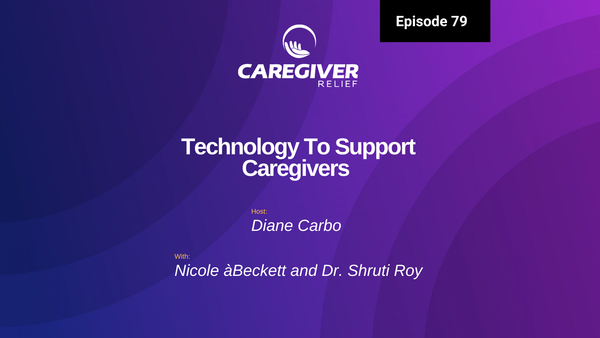Demystifying Anti-Aging: Truths Behind the Supplements and Strategies
Discover the realities of anti-aging in our detailed post. Uncover the truth behind supplements, hormone therapies, and skin care innovations. Learn about the roles of vitamins, hyaluronic acid, and cutting-edge treatments in combating skin aging and promoting overall health and rejuvenation.
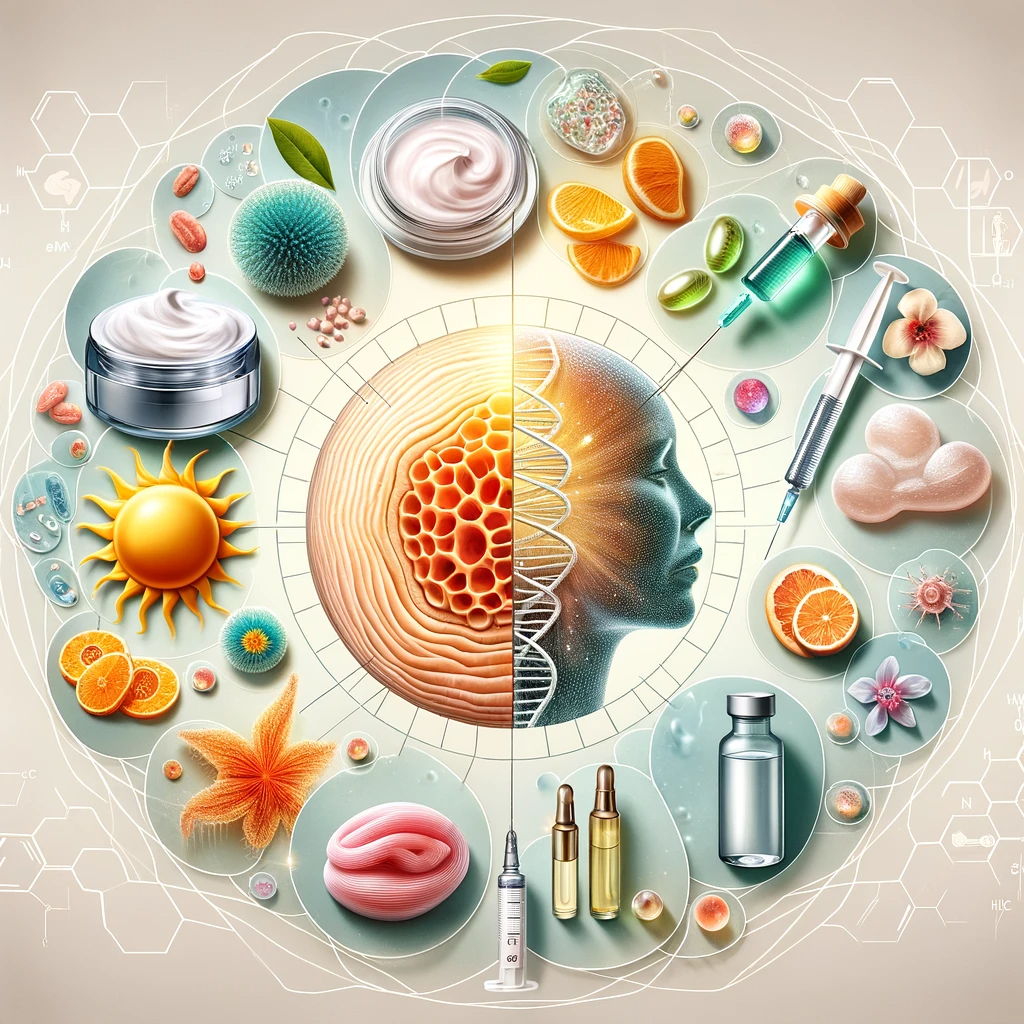
Aging gracefully is a goal many aspire to achieve. With the rise of anti-aging supplements and numerous methods claiming to halt or reverse the signs of aging, it becomes vital to distinguish myth from reality. This article delves into the realm of anti-aging, exploring the science behind it, the efficacy of supplements, and the role of lifestyle choices in promoting healthy aging.
The Allure of Anti-Aging: Understanding the Hype
The quest for eternal youth has always fascinated humanity. In modern times, this quest has manifested in the form of anti-aging supplements, promising to delay the visible and physiological effects of aging. From collagen production enhancers to hormone replacement therapy, these supplements have created a buzz in the wellness industry. However, not all claims made by these products are backed by robust aging research.
This video addresses the fact from fiction on emerging anti aging strategies
Aging and the Human Body: A Natural Process Explored
The Complexities of Aging
Aging is an inevitable, complex process that affects every part of our bodies. As we age, numerous physiological and cellular changes occur, impacting our overall health and appearance. Understanding these changes is crucial in the field of anti-aging medicine, which seeks to mitigate the signs of aging and promote healthy aging.
Skin Aging: More Than Just Wrinkles
One of the most visible signs of aging is skin aging. This process is characterized by a reduction in collagen production and elastin, leading to wrinkles, fine lines, and changes in skin texture. The skin becomes thinner and less resilient, making it more susceptible to damage. This gradual loss of skin integrity is accelerated by environmental factors like harmful UV rays and pollution, leading to premature skin aging. Regular use of sun protection and minimally invasive treatments like chemical peels and laser treatments can help manage these effects.
Hormonal Changes and Their Impact
Hormonal changes significantly contribute to aging. The gradual loss of growth hormone and other hormones like estrogen and testosterone affects muscle mass, skin health, and bone density. Hormone replacement therapy, carefully administered under medical supervision, can alleviate some of these symptoms. However, it's essential to consider the findings of the Women's Health Initiative, which highlighted potential risks associated with long-term hormone replacement therapy.
The Role of Anti-Aging Interventions
Modern anti-aging interventions encompass a wide range of treatments and products. These include anti-wrinkle creams rich in active ingredients like vitamin C (ascorbic acid) and vitamin E, which provide antioxidant protection and promote skin health. Hyaluronic acid and collagen-based products aim to enhance skin hydration and elasticity, offering wrinkle reduction and improved skin texture.
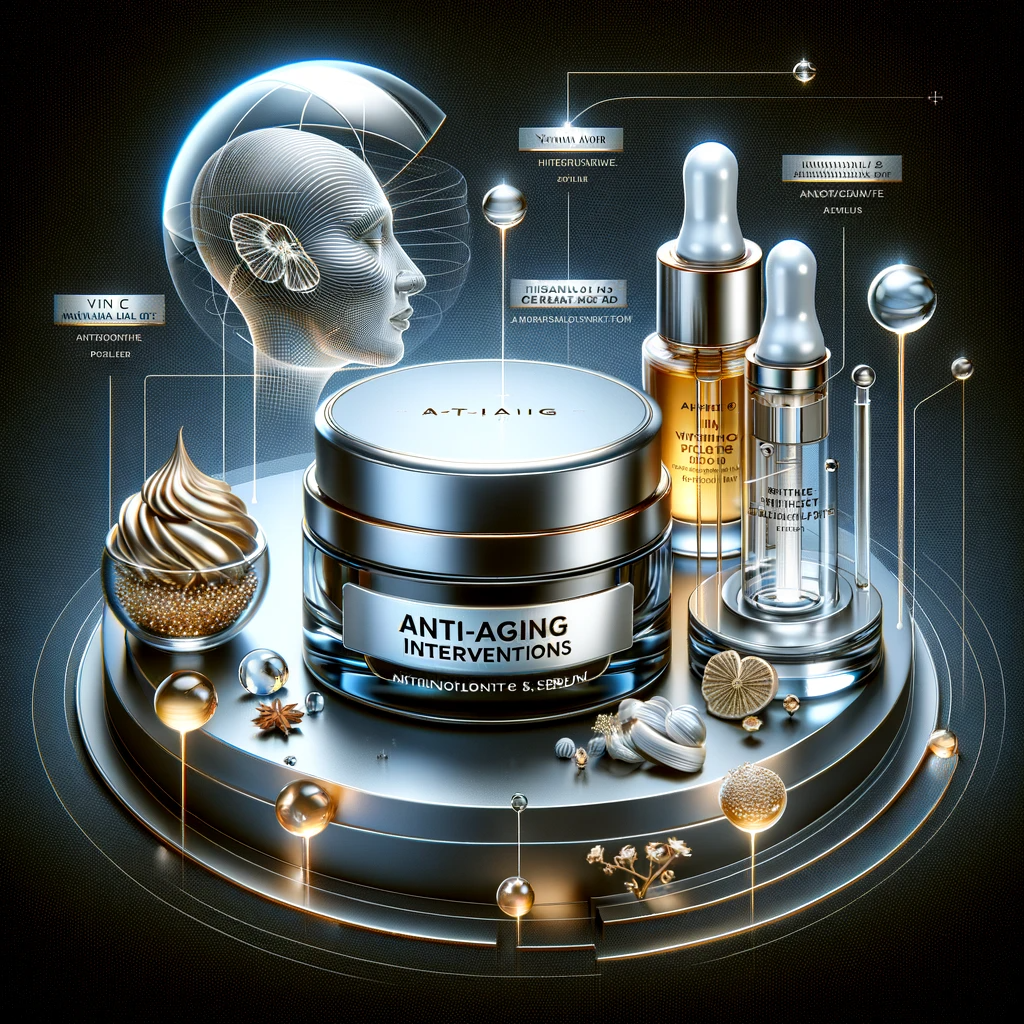
Cellular Level Changes
At the cellular level, aging is marked by the reduced functionality of human dermal fibroblasts, the cells responsible for generating connective tissue and maintaining skin elasticity. Anti-aging research focuses on how to protect these cells from environmental damage and improve their regenerative capabilities.
Advances in Anti-Aging Treatments
Recent advances in anti-aging treatments include the use of dermal fillers, botulinum toxin injections, and laser therapies. These treatments offer dramatic results in reducing the signs of aging, such as deep wrinkles, lines, and dark spots. Chemical peels and trichloracetic acid treatments are also used to rejuvenate the skin by removing dead skin layers, promoting wound healing, and stimulating new cell growth.
Nutritional Aspects and Skin Care Routine
Incorporating anti-inflammatory ingredients like ferulic acid into a skin care routine can help protect against cellular damage and maintain skin health. A diet rich in antioxidants, vitamins, and minerals supports skin health from the inside, complementing topical treatments.
Public Health and Healthy Aging
From a public health perspective, promoting healthy aging is about more than cosmetic appearance. It involves educating the public on staying healthy, preventing chronic diseases like heart disease, and maintaining quality of life into old age. Peer-reviewed studies emphasize the importance of a holistic approach that includes diet, exercise, and mental health.
Aging is a multifaceted process influenced by genetic, environmental, and lifestyle factors. Anti-aging medicine and interventions aim to not only address the aesthetic aspects of aging but also to enhance overall health and well-being. By understanding and addressing the underlying causes of aging, such as hormonal changes, cellular damage, and environmental impacts, we can more effectively combat the signs of aging and promote a healthier, more vibrant life as we age.
Decoding Anti-Aging Supplements: A Comprehensive Insight
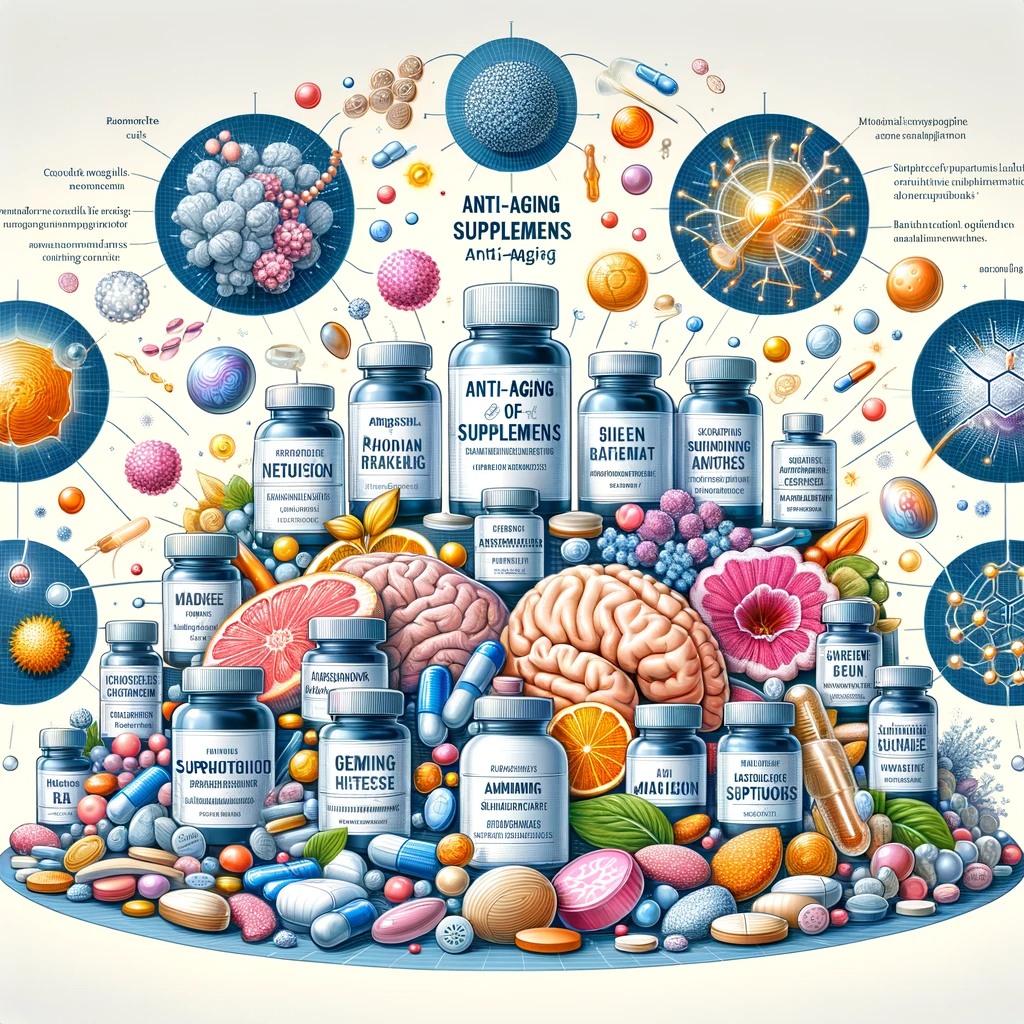
The Essence of Anti-Aging Supplements
In the realm of anti-aging medicine, supplements play a pivotal role. These supplements range from well-known vitamins to specialized compounds, each targeting different aspects of aging, from skin texture to overall vitality. The primary goal of these supplements is to counteract oxidative stress and cellular damage, which are key contributors to the aging process.
Vitamins C and E: Antioxidant Powerhouses
Vitamins C (ascorbic acid) and E are renowned for their antioxidant properties. They work by neutralizing harmful free radicals caused by UV rays, pollution, and other environmental stressors. This action helps prevent wrinkles, dark spots, and other signs of skin aging. Vitamin C, in particular, is essential for collagen production, a critical component in maintaining skin elasticity and firmness.
Hyaluronic Acid and Ferulic Acid: Hydration and Protection
Hyaluronic acid is a staple in anti-aging products due to its incredible ability to retain moisture, significantly improving skin hydration and plumpness. Ferulic acid, an anti-inflammatory compound, works synergistically with vitamins C and E to enhance their antioxidant effects, providing added protection against sun damage and environmental pollutants.
Collagen Supplements: For Skin and Beyond
Collagen supplements are increasingly popular for their anti-aging properties. These supplements not only improve skin health but also contribute to wound healing and muscle mass maintenance. Collagen's role in enhancing skin texture and reducing the appearance of lines and wrinkles is supported by numerous clinical studies.
Growth Hormone and Hormone Replacement Therapy
Growth hormone supplements and hormone replacement therapy (HRT) are often considered in anti-aging interventions, particularly for their role in maintaining vitality and combating the gradual loss of muscle mass and strength. However, it's essential to approach these therapies with caution, considering the potential risks highlighted by research like the Women's Health Initiative.
Chemical Peels and Laser Treatments: Rejuvenating Skin
Chemical peels, using substances like trichloracetic acid, remove the outer layers of damaged skin, promoting regeneration and improving overall skin condition. Similarly, laser treatments target various skin problems, offering dramatic results in wrinkle reduction and skin rejuvenation.
The Role of Anti-Wrinkle Creams
Anti-wrinkle creams, enriched with active ingredients like hyaluronic acid, vitamin C, and other antioxidants, are a mainstay in many skin care routines. Dermatologists often recommend these creams for their ability to reduce the signs of premature skin aging and improve skin health.
Preventing and Reducing Wrinkles
Preventing and reducing wrinkles is a primary focus of many anti-aging products and treatments. This includes not only topical applications but also lifestyle changes like adequate sun protection to prevent sun damage, a leading cause of premature aging.
Dermal Fillers and Botulinum Toxin
In the realm of plastic surgery and non-invasive treatments, dermal fillers and botulinum toxin injections are popular for immediate wrinkle reduction and facial rejuvenation. These treatments work by filling in lost volume and relaxing facial muscles, respectively, offering temporary yet noticeable improvements in appearance.
Healthy Aging: A Holistic Approach
Anti-aging supplements and treatments offer a range of options for those looking to mitigate the signs of aging. However, it's crucial to remember that healthy aging is not solely about appearance. It encompasses a holistic approach that includes a balanced diet, regular exercise, and overall well-being. Public health initiatives often emphasize these aspects, promoting an integrated approach to aging that prioritizes health and quality of life.

The field of anti-aging is continually evolving, with ongoing research and new treatments emerging regularly. As we understand more about how different supplements and interventions work at the cellular level and affect different compartments of the body, we can better tailor anti-aging strategies to individual needs and preferences. It's essential for patients to consult healthcare professionals to navigate the vast array of options and to choose the most suitable and effective treatments for their specific skin type and health conditions.
The Science Behind Anti-Aging Supplements: A Deeper Dive
The Multifaceted Approach of Anti-Aging Medicine
Anti-aging medicine utilizes a broad spectrum of supplements and therapies, each functioning on distinct principles to combat various aspects of the aging process. These interventions are supported by aging research and clinical studies, focusing on both prevention and treatment of age-related changes.
Antioxidants: Frontline Defense Against Skin Aging
Vitamin C (ascorbic acid) and vitamin E are pivotal antioxidants in anti-aging. They safeguard skin cells from oxidative stress and damage caused by harmful UV rays and environmental pollutants. By neutralizing free radicals, these vitamins prevent premature skin aging, reduce the appearance of lines and wrinkles, and support collagen production, essential for maintaining skin elasticity and texture.
Vitamin C: More Than Just an Antioxidant
Ascorbic acid, beyond its antioxidant capabilities, plays a crucial role in collagen synthesis. This function is vital in wound healing and maintaining the structural integrity of the skin. Regular inclusion of vitamin C in a skin care routine can also help in reducing skin irritation and dark spots, enhancing overall skin health.
Vitamin E: Supporting Skin Health and Beyond
Vitamin E, known for its anti-inflammatory properties, complements vitamin C in protecting skin cells. It helps in maintaining the health of blood vessels and provides sun protection, thereby reducing sun damage and supporting healthy aging.
Hyaluronic Acid: The Hydration Powerhouse
Hyaluronic acid is renowned for its exceptional moisture-retaining properties, essential for keeping the skin hydrated and plump. This supplement is a key ingredient in many anti-wrinkle creams and dermal fillers, helping to smooth out wrinkles and improve skin texture. Its ability to attract and retain water makes it a cornerstone in anti-aging skin products.
Growth Hormone: Addressing Muscle Mass and Energy Levels
Growth hormone supplements address the gradual loss of muscle mass and vitality, common in old age. By stimulating muscle growth and regeneration, these supplements help in maintaining muscle mass, which is crucial for overall body health and preventing age-related physical decline.
Hormone Replacement Therapy: Balancing Hormonal Changes
Hormone replacement therapy (HRT) is a significant aspect of anti-aging medicine, especially for women post-menopause, as per the insights from the Women's Health Initiative. HRT aims to replenish hormones like estrogen and progesterone, addressing symptoms of hormonal imbalance such as skin dryness and loss of elasticity.
Broadening the Horizon of Anti-Aging Interventions
Recent advances in anti-aging therapies include laser treatments and chemical peels, which provide dramatic results in skin rejuvenation. These treatments work by removing damaged layers of skin, promoting the growth of new, healthier skin cells.
Personalized Anti-Aging Strategies
The science behind anti-aging supplements and interventions is constantly evolving, offering diverse and personalized ways to combat aging. It is crucial for patients to consult with healthcare professionals to understand their skin type, assess their specific needs, and choose the most effective treatments. With the right combination of supplements, skin care routine, and professional treatments, it's possible to significantly reduce the signs of aging and promote healthy, youthful skin.

Evaluating the Effectiveness
While there is evidence supporting the anti-aging properties of these supplements, the results can be variable. Clinical studies and peer-reviewed research provide insights, but it's important to note that supplements are not a panacea for aging. They work best when complemented by a healthy lifestyle.
Lifestyle: The Cornerstone of Anti-Aging
The importance of a balanced lifestyle for healthy aging cannot be overstated. A diet rich in antioxidants, regular physical activity, and adequate sun protection are foundational to maintaining skin health and overall vitality. Practices like a consistent skin care routine, avoiding excessive sun exposure, and managing stress play a significant role in mitigating the signs of aging.
Diet and Exercise
Nutritional choices and physical activity significantly impact how our bodies age. A diet high in antioxidants (found in fruits and vegetables) and regular exercise contribute to better skin health, improved muscle mass, and overall wellness.
Mental and Emotional Health
Cognitive decline is a concern in old age. Engaging in mentally stimulating activities and fostering strong social connections are crucial for maintaining cognitive health. Mental well-being, often overlooked, is as important as physical health in the context of aging.
Myths and Realities of Anti-Aging Therapies: A Comprehensive Analysis
The Myth of Halting Aging
One of the most pervasive myths in anti-aging is the belief that it's possible to completely stop or reverse the aging process. This misconception stems from a misunderstanding of what anti-aging therapies can realistically achieve. Anti-aging medicine, while advanced, cannot halt the natural aging process. Aging is an inevitable biological reality, and current anti-aging interventions aim to slow down and mitigate its visible and physiological effects, not stop aging entirely.
The Reality of Anti-Aging Interventions
Addressing Skin Aging and Wrinkle Reduction
Anti-aging products and treatments, such as anti-wrinkle creams, hyaluronic acid, and collagen supplements, are designed to improve skin health and appearance. They work by enhancing skin texture, hydration, and elasticity, thereby reducing the signs of premature skin aging, like lines, wrinkles, and dark spots. Dermatologists often recommend these products as part of a comprehensive skin care routine to maintain healthy, youthful-looking skin.
Hormone Replacement Therapy and Growth Hormone
Hormone replacement therapy (HRT) and growth hormone supplements target age-related hormonal changes. HRT, for instance, can alleviate symptoms associated with menopause, as evidenced by the Women's Health Initiative. However, it's crucial to approach these therapies with an understanding of their potential risks and benefits.
The Role of Laser Treatments and Chemical Peels
Laser treatments and chemical peels, using active ingredients like trichloracetic acid, offer dramatic results in skin rejuvenation. They work by removing the outer layers of skin, stimulating the production of new skin cells, and promoting wound healing. These treatments are effective in addressing specific skin problems and improving overall skin condition.
Sun Protection and Prevention of Skin Damage
Sun protection plays a critical role in preventing premature skin aging. Harmful UV rays can cause significant sun damage, leading to wrinkles and dark spots. Regular use of sun protection, including sunscreen and protective clothing, is essential in any anti-aging regimen.
A Balanced Approach to Anti-Aging
While anti-aging therapies and products offer valuable benefits in managing the signs of aging, they should be viewed as part of a broader, holistic approach to aging. This approach includes a healthy lifestyle, preventive care, and informed decision-making based on clinical studies and medical advice. Understanding the myths and realities of anti-aging helps individuals set realistic expectations and make choices that contribute to their overall health and well-being.
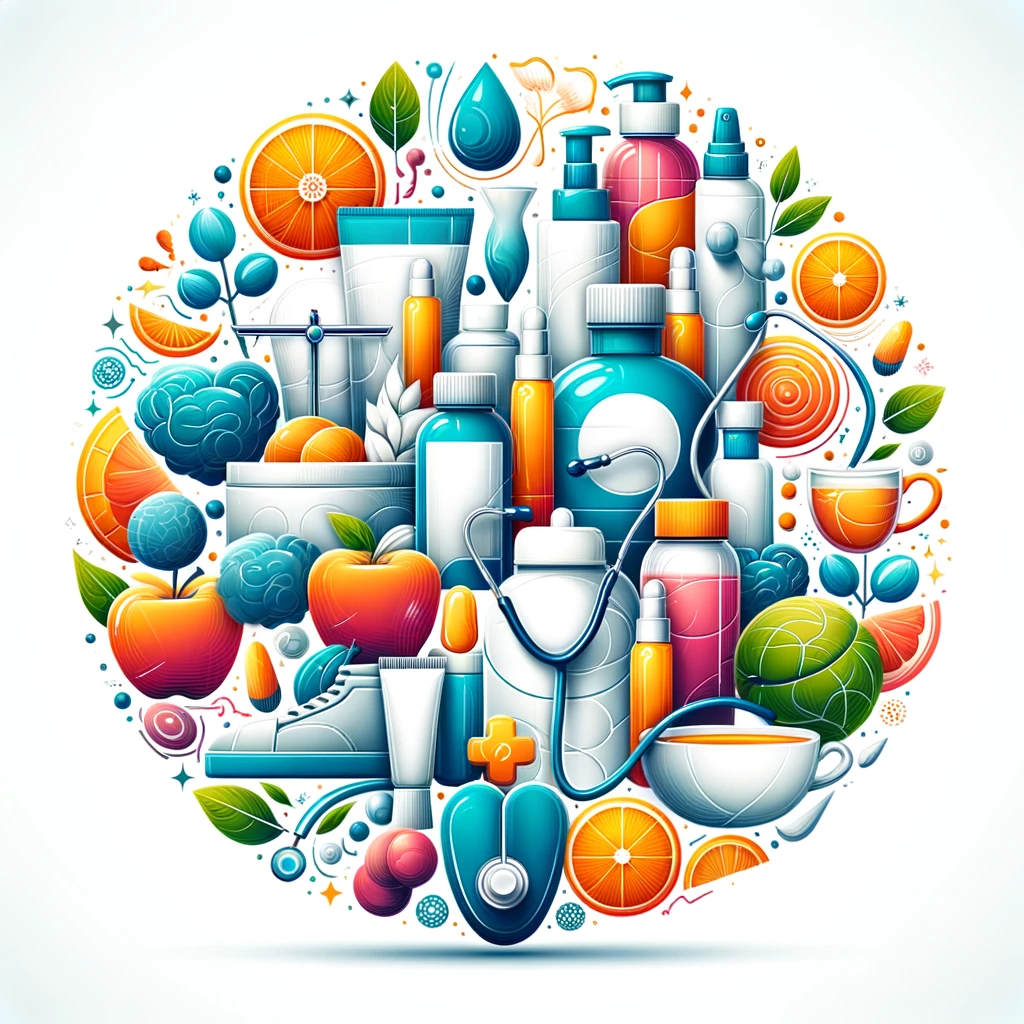
Hormone Replacement Therapy
The Women's Health Initiative and other studies have shed light on hormone replacement therapy. Once thought to be a panacea for aging-related issues in women, it is now understood that the benefits must be weighed against potential risks, like increased risk of heart disease and breast cancer.
The Role of Dermatologists and Healthcare Professionals
Consulting healthcare professionals, including dermatologists, is crucial before starting any anti-aging treatment. They can provide guidance based on individual skin type, health status, and specific concerns like skin irritation or allergies.
The Future of Anti-Aging: Expanding Horizons in Research and Innovations
Pioneering Research in Anti-Aging
The field of anti-aging is at the forefront of medical and scientific research, continually pushing the boundaries of what we understand about the aging process. This dynamic area of study is not just about answering the question, "What is anti-aging?" but also about developing practical, effective interventions to promote healthy aging and improve quality of life.
Human Dermal Fibroblasts: A Key to Understanding Skin Aging
Recent advancements in the study of human dermal fibroblasts have opened new avenues in comprehending skin aging. These cells, crucial for collagen production and skin elasticity, are central to maintaining skin health. Research focusing on how these cells change with age, how they respond to environmental factors like harmful UV rays, and their role in wound healing is leading to innovative anti-aging therapies.
Genetic Research and Biotechnology: Tailoring Anti-Aging Interventions
The integration of genetic research and biotechnology in anti-aging medicine is promising more targeted and effective interventions. This includes personalized skin care routines and treatments based on an individual’s genetic makeup. Such precision medicine approaches aim to prevent premature skin aging, reduce skin irritation, and effectively treat existing signs of aging.
Emerging Trends in Anti-Aging Therapies
Growth Hormone and Hormone Replacement Therapy
Advances in hormone replacement therapy and growth hormone supplementation are being closely monitored, especially following revelations from studies like the Women's Health Initiative. Future therapies may offer more refined hormone treatments with minimized risks, targeting specific age-related declines in hormone levels.
Innovations in Skin Care and Treatment
The development of advanced anti wrinkle creams, dermal fillers, and laser treatments are set to revolutionize the way we approach skin aging. These products and procedures, enriched with active ingredients like vitamin C, vitamin E, and ferulic acid, are becoming more sophisticated, offering more dramatic results with less risk of skin irritation or other side effects.
Sun Protection: Evolving Strategies
Enhanced sun protection methods are also a key area of research, as sun exposure remains a significant contributor to skin aging. Innovations in this domain may provide more effective ways to shield the skin from UV damage, preventing wrinkles and other signs of aging.
The Role of Public Health in Anti-Aging
Public health plays a crucial role in the future of anti-aging. Educating the public about healthy aging practices, the importance of a comprehensive skin care routine, and how to protect against environmental factors is essential. Public health initiatives also focus on disseminating peer-reviewed studies and clinically proven treatments to a broader audience.
A Holistic Approach to Anti-Aging
As we look to the future, it is evident that the realm of anti-aging will continue to evolve, driven by groundbreaking research and innovations. The focus will likely remain on developing treatments that not only address the aesthetic aspects of aging but also enhance overall health and well-being. A holistic approach that combines advancements in science with healthy lifestyle choices will be key to effective anti-aging strategies. This approach ensures that the benefits of anti-aging medicine extend beyond merely treating the signs of aging to truly enhancing life at every stage.
Public Health Perspective
From a public health standpoint, the focus is shifting towards promoting healthy aging rather than merely combating aging. This involves educating the public about lifestyle choices, preventive healthcare, and early detection of age-related conditions.
An Integrated Approach to Aging
The journey of anti-aging is multifaceted, involving a combination of supplements, lifestyle choices, and informed decisions guided by healthcare professionals. While supplements offer benefits, they should be part of a broader approach that includes diet, exercise, and mental well-being. Aging is a natural life process, and embracing it with a holistic and informed approach can lead to a fulfilling and healthy life in the later years.
Frequently Asked Questions About Anti-Aging
What is anti-aging and how does it relate to skin health?
Anti-aging refers to methods and treatments aimed at slowing down or reducing the signs of aging, particularly in the skin. It encompasses various practices and products that improve skin health, maintain skin texture, and minimize signs of aging such as wrinkles and lines.
Can hormone replacement therapy (HRT) aid in anti-aging?
Yes, HRT can be part of an anti-aging strategy, especially for women experiencing menopause. It can help in restoring hormone balance, which may improve skin condition, muscle mass, and overall vitality. However, it's important to consider potential risks and consult a healthcare professional.
How effective are anti wrinkle creams in preventing premature skin aging?
Anti wrinkle creams can be quite effective, especially those containing active ingredients like hyaluronic acid and vitamin C. They help to hydrate the skin, boost collagen production, and protect against environmental damage, thus preventing premature skin aging.
Are laser treatments a safe option for wrinkle reduction?
Laser treatments can be a safe and effective method for wrinkle reduction when performed by a qualified professional. They work by stimulating collagen production and skin renewal, leading to smoother and younger-looking skin.
What role does vitamin C play in a skin care routine for anti-aging?
Vitamin C, or ascorbic acid, is a key ingredient in anti-aging skin care. It's an antioxidant that helps protect the skin from harmful UV rays, reduce dark spots, and promote collagen production, essential for maintaining youthful skin.
Can chemical peels help with skin rejuvenation?
Yes, chemical peels can significantly aid in skin rejuvenation. They involve applying a solution, like trichloracetic acid, to exfoliate the damaged outer layers of skin, which can improve skin texture, reduce signs of aging, and enhance skin health.
How do dermal fillers work in anti-aging treatments?
Dermal fillers are injections used to fill in wrinkles and add volume to facial tissues. They contain ingredients like hyaluronic acid, which attract moisture, helping to smooth out lines and wrinkles and restore a more youthful appearance.
What are the best practices for sun protection to prevent skin aging?
For effective sun protection, use a broad-spectrum sunscreen with a high SPF, wear protective clothing, and avoid excessive sun exposure, especially during peak hours. Sunscreen helps in preventing sun damage, a major contributor to skin aging.
How does aging affect skin cells and collagen production?
As we age, skin cells regenerate more slowly, and the production of collagen decreases. This leads to thinner, less elastic skin, and the appearance of wrinkles. Anti-aging treatments aim to stimulate these skin cells and boost collagen production to counteract these effects.
Can anti-aging therapies reverse signs of aging, or do they just slow the process?
Most anti-aging therapies aim to slow down the aging process and mitigate its visible signs, such as wrinkles and loss of skin elasticity. While they can yield dramatic results in skin appearance, they do not completely reverse the natural aging process.
Our Resources section can help you find the information and tools that you need. We have courses, videos, checklists, guidebooks, cheat sheets, how-to guides and more.
You can get started by clicking on the link below. We know that taking care of a loved one is hard work, but with our help you can get the support that you need.
Click here to go to Resources Section now!
More articles in our anti aging series
Baby Boomer Generation Transforms Views on Aging
Introduction to the MIND Diet and Its Importance for Brain Health
Pet Therapy Benefits for the Elderly: Finding Happiness in Pet Companionship
Aging Gracefully Involves a Positive Attitude and a Sense of Humor
The Key to Healthy Aging and Happiness – A Handbook
Aging with Dignity: A Comprehensive Guide to In-Home Care for Elderly Loved Ones




